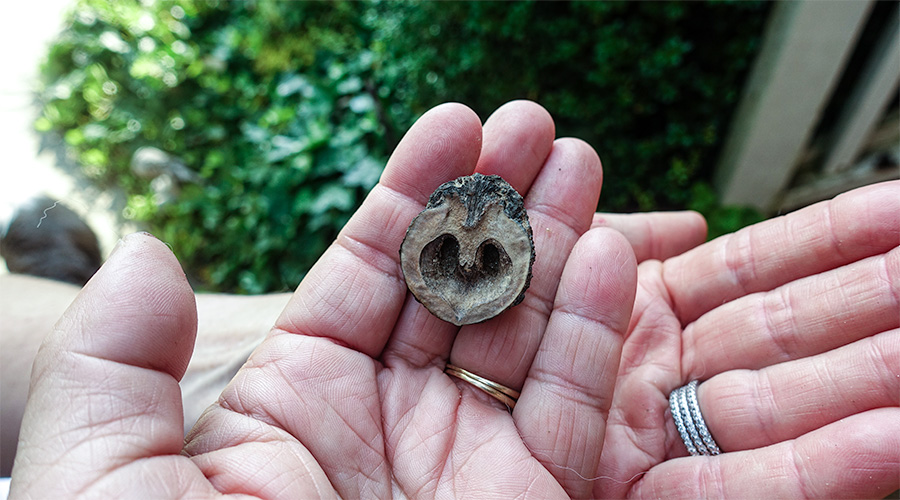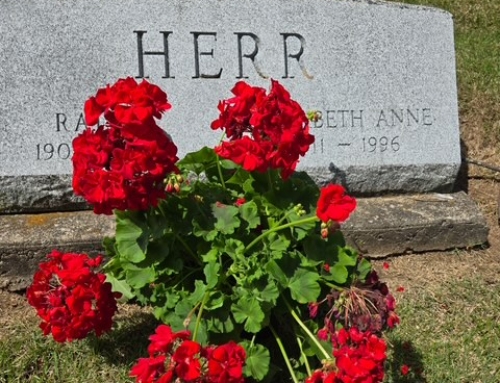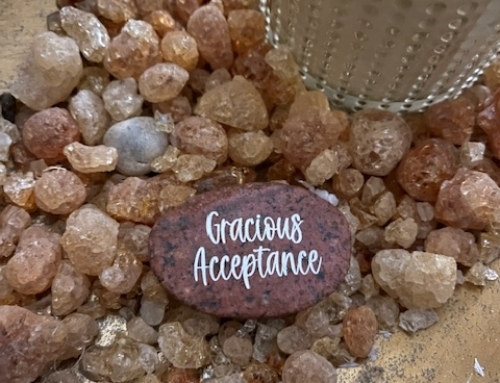
Good morning…
Our posts from this week start and end with a video of a statue created by God through the young hands of Michaelanglo. The statue is named the Pieta, which is an Italian term for pity (compassion, commiseration, condolence, sorrow, sadness, sympathy). It is a sculpture depicting Mary lamenting over the lifeless body of her son Jesus resting in her arms.
Monday: “Isn’t it amazing that Michelangelo created the Pieta when he was in his 20s?” one of you wrote. “And isn’t it also amazing that he had the genius to look at a chunk of marble, see its potential, and create a work of art honoring our loving God that would move people more than 500 years later?”
“It is truly quite amazing,” I replied. “God shows up through ordinary people in such healing, creative ways, making us sense deeply each and every day, ‘Only God. This could only be God.”
For just as Christ’s sufferings are ours in abundance [as they overflow to His followers], so also our comfort [our reassurance, our encouragement, our consolation] is abundant through Christ [it is truly more than enough to endure what we must] (2 Corinthians 1:5, AMP).
When we allow ourselves to love deeply, in grieving loss, we hurt deeply. God suffered. Jesus suffered. Mary suffered. We all suffer. Yet, in the midst of our suffering, God comforts us. God encourages us. God consoles us. Then miraculously, through us, God comforts, encourages, consoles other people trapped in their own suffering.
Tuesday: “Suicide is not victimless,” explains the post from Sean of the South. “Suicide is one domino falling and knocking down miles of other dominoes that stand behind it. My father didn’t think about that, I guess. Maybe his sadness became too dense. Maybe it had multiplied like cancer until he lost his grip. Either way, in the end it was the sadness that won. And my father killed one of the prettiest things God ever made.”
Jesus, overhearing, shot back, “Who needs a doctor: the healthy or the sick? Go figure out what this Scripture means: ‘I’m after mercy, not religion.’ I’m here to invite outsiders, not coddle insiders” (Matthew 9:13, MSG).
Wednesday: “Knowing deep down that this sadness was a liar allowed me to reach out to someone and save my life,” one of you wrote. “That was two summers ago. It’s so easy to see when you aren’t in it. But very hard to see when you are, when you are steeped in sadness. And I just wish that every person who was left behind after a suicide would know that the person didn’t leave because they didn’t love them, but often because they did love them and that this sad disease is a terrible liar.”
Recognizing “sadness” as a thief, a tool of God’s enemy, the father of lies, Jesus says, “The thief comes only in order to steal and kill and destroy. I came that they may have and enjoy life, and have it in abundance [to the full, till it overflows]” (John 10:10, AMP).
Thursday: “Self-pity is a slimy, bottomless pit,” writes Sarah Young in Jesus Calling. “Once you fall in, you tend to go deeper and deeper into the mire. As you slide down those slippery walls, you are well on your way to depression, and the darkness is profound. Your only hope is to look up and see the Light of My Presence shining down on you.”
“Regarding today’s post,” one of responded, “depression is a disease and a serious one. And it isn’t caused by self pity. I know you know this as you have experienced it yourself. People with depression are often characterized as wallowing, full of self pity and told to snap out of it. If they would only this or that (including have a better relationship with God)…. Suicide (and I’ve heard this in the pulpit) is considered cowardly and selfish. I realize people who have never experienced it may not understand, but labels like self pity when attached to depression are exactly the reason people who are depressed (especially men) do not seek help. I’m sure whoever wrote this had his or her heart in the right place, but it’s dangerous language. I’m not trying to cause offense but this language is not okay around depression.”
I wrote back right away: “Thank you for your wisdom. It is a messy, heavy ball of tangled emotions, with lots of words, labels, language attached. Despair. Disease. Depression. Darkness. Melancholy. Mental illness. Self-pity. Sadness. Sorrow. Suicide. It is complex and hard to grasp each facet in this messy mosaic of emotions. Thank you for walking this difficult landscape with me, and sharing your honest perspective.”
Day by day, hand-in-Hand, we slowly inch our way into a rich future with God. We will look back with perspective on these dark, despairing days to tell our own chapter in the LORD’s saving story. I waited patiently for the Lord; he turned to me and heard my cry. He drew me up from the pit of destruction, out of the miry bog, and set my feet upon a rock, making my steps secure. He put a new song in my mouth, a song of praise to our God. Many will see and fear, and put their trust in the Lord (Psalm 40:1-3, ESV). As we face, feel, and flourish through our soul’s darkest nights, God’s presence will gradually be revealed to us … then God’s presence will be revealed through us … lighting for all a painstaking path up from the pitiful pit to a life of authentic abundance.
Another one of you immediately wrote: “Psalm 40:1-3 is part of my testimony. Indeed God drew me out of the slimy pit, gave me a firm place to stand and put a new song in my mouth. I know experientially these words are TRUTH. It is verse 1 that is the challenge: I waited patiently for the Lord; he turned to me and heard my cry. We don’t feel patient when in that dark place, but we persevere trusting He will be attentive to our cry. Out of that pit we realize through the perseverance, God has molded our character and built our faith which is more precious than gold (1 Peter 1:3-7).”
Friday: When the righteous cry for help, the Lord hears, and rescues them from all their troubles. The Lord is near to the broken-hearted, and saves the crushed in spirit. Many are the afflictions of the righteous, but the Lord rescues them from them all (Psalm 34:17-19).
“Sadly, I believe there are some hurts, there is sometimes a darkness and a brokenness that runs so deep that even our best efforts and expressions of love cannot overcome them,” writes my husband, Rev. Steve Allen, in his eulogy for Cole Hagood. “And I think that was the case with Cole. And yet, there are some words that I find in the verse that I read from Psalm 34 that give me a certain kind of hope: The Lord is near to the broken-hearted. If that’s true – if those words are to be believed – then I firmly believe that was God was near to Cole. He fully understands and can appreciate people who are acquainted with grief – people who are hurting – people who find themselves in dark places now and then. God – as much as any of us – understands what it means to have a broken heart.”
Steve’s message continues: “When the Bible says that God is near to the broken hearted this suggests to me that perhaps God reserves his closest embrace for people struggling as Cole struggled at the end. I think God has a special place in his heart for people like Cole. And with that in mind I have a sure and certain hope that Cole is in that warm embrace even now. And that his heart is no longer broken but whole – his darkness now light – his pain replaced by peace.”
Saturday: “A moving sidewalk took us into a darkened and very quiet room,” one of you recalled your panicked anxiety as a 17-years-old in 1964, at the World’s Fair in New York. “Before me – but behind glass – was The Pieta in all its glory! No noise but some rustling. No sounds except a few gasps and perhaps whispered prayers. No sense of anyone except God. I felt a peace come over me that resulted in tears of joy and relief. A different kind of peace I’ve only felt a few times in my life and I remember so vividly.”
In the past he spoke to them and said, “Here is a resting place. Let those who are tired come and rest. This is the place of peace.” But they would not listen to him (Isaiah 28:12, ERV).
Might right here, right now, in the midst of our mixed emotions, be our best spot to rest, our place of peace? Whether we are tired, anxious, or claustrophobic in a crowd, God quietly whispers, “Rest here with Me.” Young or old, naive or life-worn, grieving or celebrating, might we be ready now to nestle in anew, resting on God’s large lap of loving presence?
As God comforts us, we comfort others.
…Sue…





